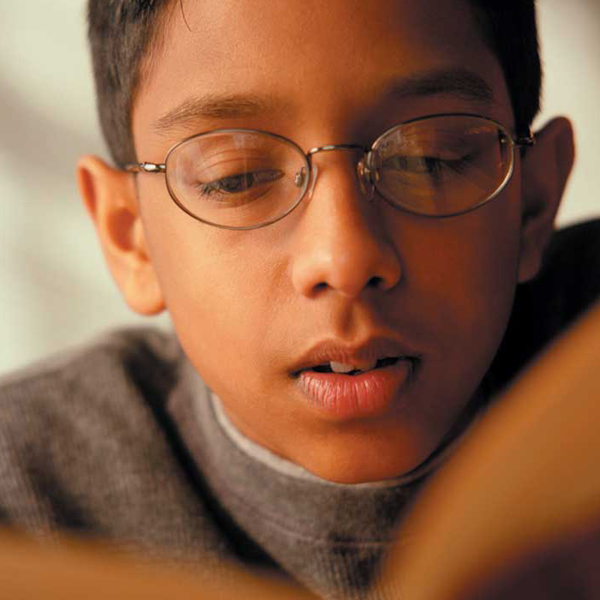Harry Potter’s parents are dead. So are the Beaudelaires’ birth parents in the popular Lemony Snicket books. Children in Phillip Pullman’s His Dark Materials series are stolen from neglectful or underprivileged parents.
For young people, such fantasy novels offer an exciting escape from reality. For some adopted children, however, these books may be too real for comfort. They are among the most popular novels for middle-grade children, and your son or daughter is bound to encounter them. Should you encourage such reading? Can you use these books to talk about adoption?
Why So Popular?
The orphan story is a staple of children’s literature, from Cinderella to Anne of Green Gables, and the reason is obvious. “It gets the parents out of the way so the kids can have adventures,” says Nancy Springer, author of I Am Mordred (Firebird Books). When Mom and Dad aren’t around, a child can make his own decisions. “Children like them because they are free from the admonitions of parents,” says Deborah Gray, author of Attaching in Adoption.
Are They Good for Our Kids?
Many of these books are so well-publicized that they’re impossible to avoid. Nor should you. But parenting an adopted child requires you to address them with an awareness of the issues they raise. “It’s best if the child has his or her first encounter with these books at home,” says Brenda McCreight, author of Parenting Your Adopted Older Child. “While they may touch some vulnerable spots in the child, they also provide an opportunity to discuss how the child perceives their subjects.”
Deborah Gray agrees. “Most children who have birth relatives with whom they do not live like to read about other children in similar circumstances,” says Gray. “It normalizes their experience.”
Focus on the Positive
Kids love books like the Harry Potter series because the child characters are powerful, resourceful, and heroic. They experience challenges and pain, but they rise above them to triumph against difficult situations and live happily.
When you encounter adoption in books, you can show your child how her own situation parallels that of her favorite fantasy characters. If your daughter has protected a younger sibling from problems, that’s like the older Baudelaire children taking care of their baby sister in the Lemony Snicket books. If your son cherishes memories of his birth parents, tell him what Gray finds fascinating about Harry Potter: “He’s a great kid whose parents’ loving thoughts continue to guide him.”
She concludes, “While it’s clear that Harry’s loss still causes him pain, it does not stop him from finding other parent figures and from moving on with his life in a positive way.”


